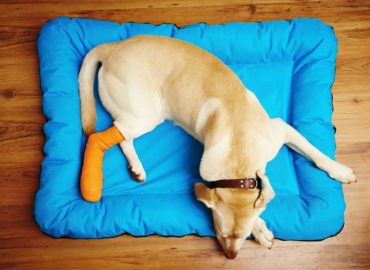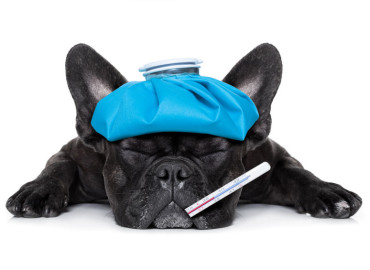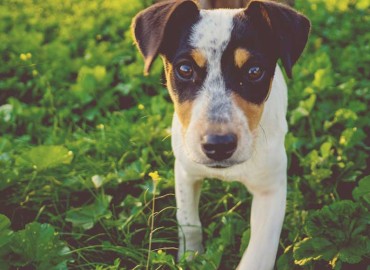The Sun Giveth and Taketh Away
The Sun Giveth and Taketh Away
Our star, the Sun, is the source of all of our food and most of our energy resources but the radiation and heat released can also cause adverse effects in our pets.
Heat Stroke
Hyperthermia can occur in as little as 30 minutes on hot and humid days especially during or after strenuous activity. Evaporative cooling via panting, which is the main heat loss mechanism in dogs, becomes less effective the closer the ambient temperature gets to body temperature. High risk breeds include short nosed dogs that snore [eg Bulldogs, Boxers & Pugs], overweight dogs and work dogs with OCD ball retrieval instincts.
Affected dogs display excessive panting and salivation which fails to improve over 15 to 30 minutes rest. Signs of deterioration include vomiting, diarrhoea, weakness, altered mentation, collapse and seizures. These dogs need immediate veterinary intervention. Owners can institute initial cooling measures by stopping all exercise, moving them to a cool shaded or indoor area, spray or cover with cool water [do not immerse in ice cold bath], apply cold packs between legs and position under air conditioner or fan.
Skin Cancer
Long term ultraviolet light exposure can cause skin cancers in white cats and lightly pigmented short haired breeds of dogs. In dogs they appear as well defined dome shaped dark red to purple/black masses usually less than 1cm in the hairless armpits and groins of dogs. The nose and ears of white haired cats are the most common sites for squamous cell carcinomas. These first appear as crusts and progress to erosive and ulcerative plaques. Surgery is the preferred treatment option for both dogs and cats.
Old Cats
Cats run fairly dry anyway so dehydration is relatively common, but for an older cat with subclinical kidney issues it can be life threatening. One of the roles of the kidneys is to conserve or remove excess water from the body. Older cats gradually lose the important ability to conserve water when hot. Owners may notice them weeing a lot and/or drinking more, but if they fail to drink enough to keep up with their urine losses they can become dehydrated and develop renal failure. If your older cat stops eating, loses weight or starts vomiting seek veterinary assistance.
